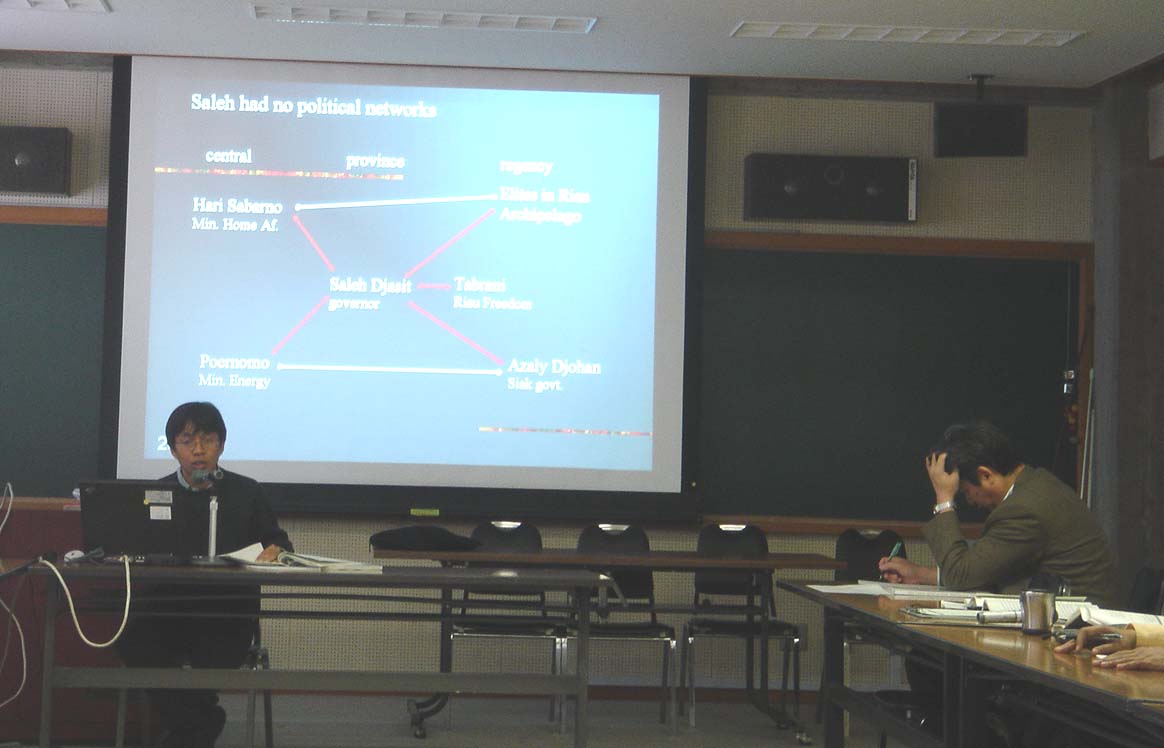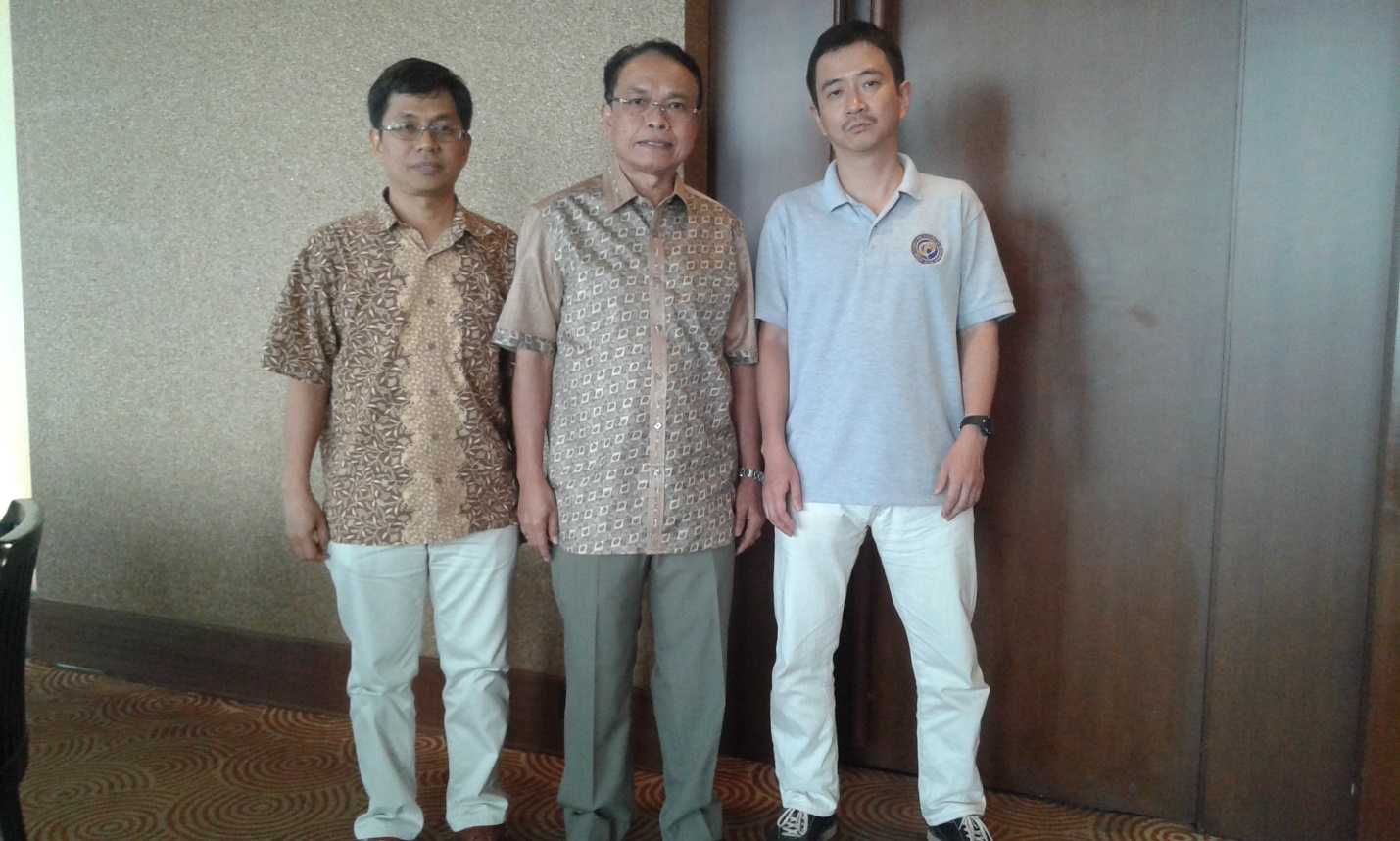- Project Leader : Wahyu Prasetyawan (Syarif Hidayatullah Islamic State University, Jakarta, Indonesia)
Contents of Publication
After the fall of Suharto in Indonesia, the new government under B.J. Habibie introduced a decentralization policy that dramatically changed relations between the central and local governments. Under decentralization the local governments engaged in severe battles with the central government over control of natural resources and fairer rent distribution from these resources. Local elites demanded greater involvement in shaping economic and political institutions.
This study narrates one of the most important political economic developments in Indonesia. Competition to manage and control natural resources is no longer limited only to national level political players and interests, nor can it be restricted only to the local level. It elucidates changes in the structure of the political economy as the results of deep engagement of local actors in disputes with the central government over natural resources. The disputes in turn provided a way to change rent distributions from natural resources to different political players.
Purpose of Publication, Its Significance and Expected Results, etc.
This book is intended to present an answer to questions around the emergence of local political elite openly staging a series of disputes with the central government over natural resources in Indonesia. How did the local elites manage to establish political networks with power in the central government? How did they manage to operate within the existing institutions? What, in short, does a study of Indonesia’s political and economic development in 1998-2004 teach us about the larger question of continuity or change on the structure of politics and economy? This book poses these questions to understand the dynamics of politics and economy in Indonesia. It has been especially difficult to understand these dynamics at the beginning of decentralization, as scholarship has mainly focused on the local elites only, as if they were not connected to the central government.
Significance
The idea that networks influence politics is not new. The thought that institutions are the product of political decisions that guide human behavior, including in political life, has been discussed since the 1980s. However, combining these concepts of networks and of institutions to understand political economy in a country like Indonesia might turn out to be novel. To acknowledge the significance of this study is to endorse that politicians require networks to operate within a web of institutions. The existing institutions may not provide incentives for certain politicians, while at the same time offer incentives for other politicians. This study is about the networks that politicians build, institutions in which they have to operate, and political conflict that emerges as the result of networks and institutions. This book will tell the stories of what led local politicians to establish political networks and how they used those networks within existing institutions for their benefits. More importantly, this study offers an alternative to existing scholarships on political economy in Indonesia which have emphasized oligarchy, political competition for elected posts, and violence in their focus on the local politics. This study illustrates maneuvers by local political elite to oppose the central government by making political networks that span from the region to the center of power in Jakarta.
Expected result
Why is it important to publish this study? The refusal to acknowledge the importance of political networks and institutions to understand Indonesian politics is like evaluating a car without any knowledge on combustion, only worse: it distorts scholarship and public discourse.
The scholarship that local politics can only be understood by looking at dynamics at the local level has distorted the real situation of current Indonesian politics and economy. Many publications on local politics and decentralization are inspired by research that finds an emerging trend of the local elites and relates this emergence with local structure of politics and economy.
This study is expected to enrich the existing scholarships on Indonesia and Southeast Asia. It is for scholars and researchers on Indonesia, Southeast Asia, and other regions who want to evaluate Indonesia in a time of crucial transition. It is intended to record disputes over natural resources in this fragile period in Indonesian modern history.
 Presentation in CSEAS Kyoto University, 2006 |
 Interview with Prof. Djohermansyah Johan, one of drafter of Decentralization Law 1999, Jakarta 2015 |
